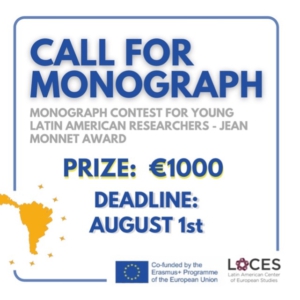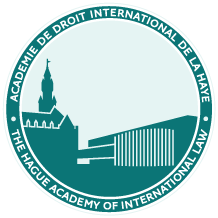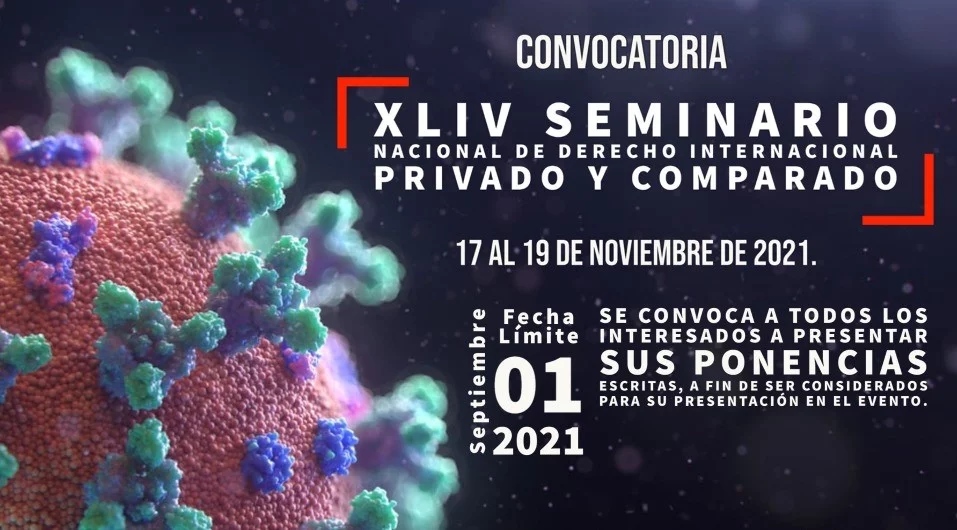The CJEU has just rendered its decision in Case C-800/19 Mittelbayerischer Verlag (currently only available in French). The Court held that the courts of the claimant’s ‘centre of interests’ have jurisdiction (on this basis) only if the content complained of contains ‘objective and verifiable elements allowing to identify, directly or indirectly, the claimant as an individual’ (para 46). Accordingly, a Polish Holocaust survivor could not sue a German publishing house over the use of the term ‘Polish extermination camp’ in an online article in Poland.
The factual and legal background of the case are described in some detail in our report on the AG Opinion – in a nutshell, the case is about whether a Polish survivor of the Holocaust can sue the publisher of a German newspaper in Poland for an alleged violation of his personality rights (including his national dignity) by an online article containing the phrase ‘Polish extermination camp’. As the claimant sought a range of remedies, at least some of which should only be available in a court with ‘full’ jurisdiction (as per the Court’s decision in Case C-194/16 Bolagsupplysningen, para 48), he needed to rely on the Court’s ‘centre of interests’ criterion to seize the Polish courts. Yet, both the referring court and AG Bobek had doubts if this criterion would not require some kind of limit to prevent the publisher of an online article to be sued in all member states in which a person potentially affected in their national dignity might have their centre of interests.
Upon a first reading of the decision, four aspects may be noted:
(1) The Court appears to have followed the AG’s proposition to adopt “a narrow and minimalist approach [to] this case” (Opinion, para 43). Thus, instead of a full reconsideration of the ‘centre of interests’ criterion, let alone of its interpretation of Art. 7(2) Brussels Ia with regard to personality rights as a whole (as Geert van Calster was hoping for), the Court has opted for its incremental readjustment.
(2) But the importance of the readjustment should not be underestimated. Despite giving access to the ‘full’ range of remedies, the Court has never had an opportunity to specify the exact requirements of ‘centre of interests’ jurisdiction as introduced in Joined Cases C-509/09 and C-161/10 eDate. Although clearly intended to protect the claimant (see eDate, para 47), para 50 of the decision certainly left room for additional requirements regarding the connection between the publication in question and the forum.
The CJEU now has indeed picked up this paragraph and argues that in a situation such as the present one, in which the claimant has – unlike in eDate and Bolagsupplysningen – not been directly targeted by the publication in question, it would hurt the aim of predictability if the claimant could sue for the entirety of the damage (and all injunctions) at their ‘centre of interests’, which the defendant could not reasonably predict (paras 35–38). In support, the Court also cites the need for a particularly close link between the case and the forum for special jurisdiction (para 40), as well as the aim to prevent a multiplication of grounds of jurisdiction (para 39 – a point not easily reconcilable with the Court’s continued adherence to the mosaic principle). On this basis, it formulates the rule cited above:
[46] article 7, point 2, du règlement no 1215/2012 doit être interprété en ce sens que la juridiction du lieu où se trouve le centre des intérêts d’une personne prétendant que ses droits de la personnalité ont été violés par un contenu mis en ligne sur un site Internet n’est compétente pour connaître, au titre de l’intégralité du dommage allégué, d’une action en responsabilité introduite par cette personne que si ce contenu comporte des éléments objectifs et vérifiables permettant d’identifier, directement ou indirectement, ladite personne en tant qu’individu.
(3) It is certainly a step forward that for once, the Court acknowledges the difficulties that its previous case law created for defendants of claims of alleged violations of personality rights through the internet (as to which see Lutzi, Private International Law Online, 2020, paras 4.75–83).
Yet, the Court does not go as far as proposed by AG Bobek, who, like AG Cruz-Villalón did before him, suggested the introduction of an objective foreseeability test, focusing on the relationship between the forum and the content in question (Opinion, paras 58–74; which would not necessarily have prevented the Polish courts from taking jurisdiction here). As a consequence, the new criterion introduced by the Court will raise many of the difficult questions of fact that AG Bobek warned against (Opinion, paras 45–57).
(4) The fact that the Court only considered ‘centre of interests’ jurisdiction may be seen as confirmation that at least some of the remedies sought by the claimant were ‘indivisible’ and therefore required ‘full’ jurisdiction. In this regard, the decision lends support to the reading of Bolagsupplysningen according to which most, if not all injunctions fall into this category (see Stadler, JZ 2018, 94, 95; Lutzi (2018) 34 LQR 208, 212).
With regard to the case at hand, the Court has been very clear that it does not pass the newly introduced threshold for ‘centre of interests’ jurisdiction (see also paras 36, 43, 45):
[44] Or, en l’occurrence, [le demandeur] n’est manifestement pas identifié en tant qu’individu, que ce soit directement ou indirectement, dans le contenu mis en ligne sur le site Internet de Mittelbayerischer Verlag […].
Accordingly, the Court did not need to engage with a number of follow-up questions raised obiter by AG Bobek (paras 75–87), including the potential role of the e-Commerce Directive.
Overall, it seems like the court has added another piece to the mosaic (pun intended) that is its case law on international jurisdiction for violations of personality rights through the internet. It appears not unlikely that the Court will continue to incrementally readjust individual pieces of this mosaic, rather than ever reconsidering it in its entirety – the next opportunity for which is just around the corner with Case C-251/20 Gtflix Tv.






